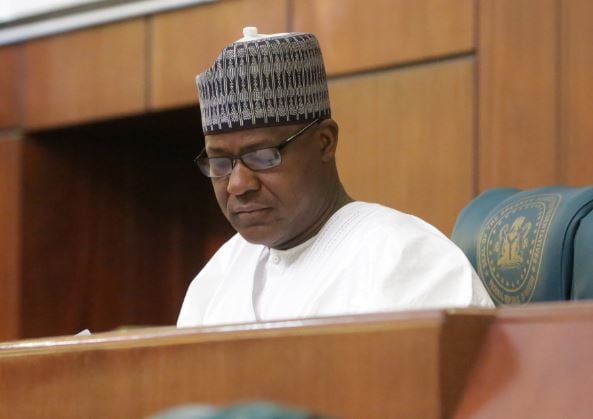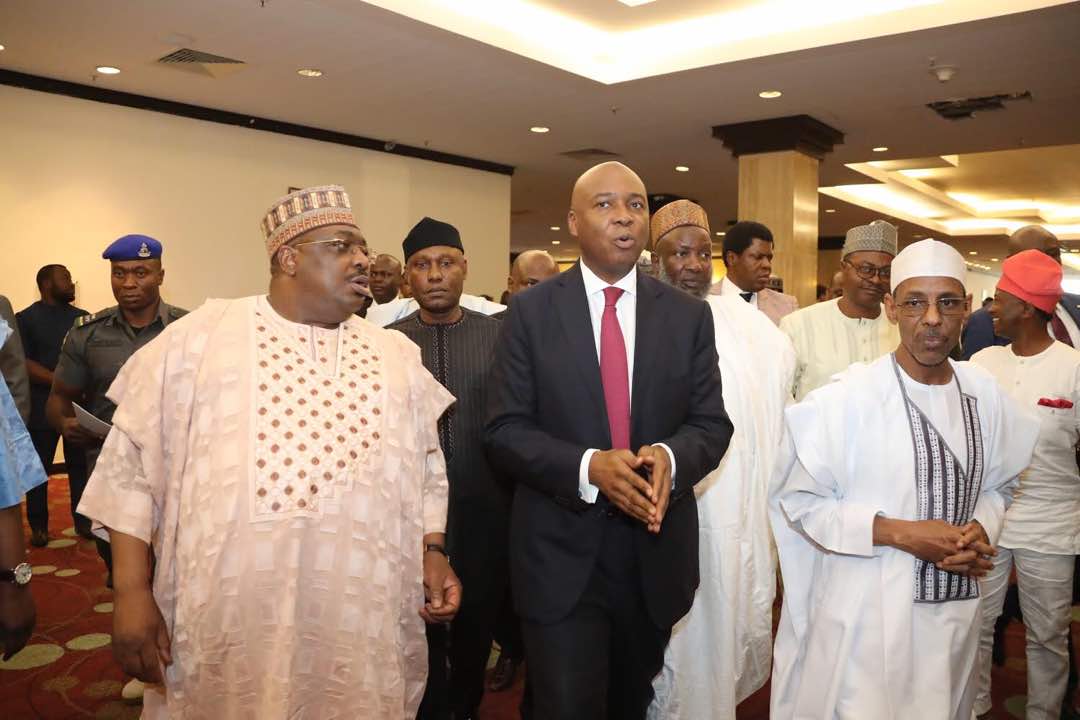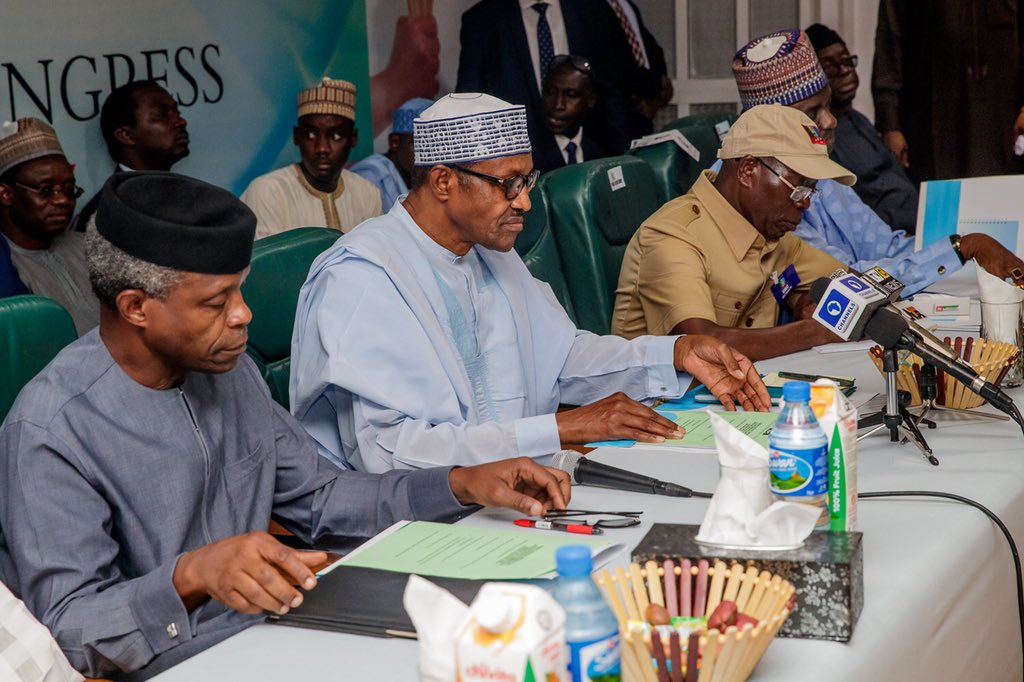The Nigerian Electricity Regulatory Commission (NERC) says poor remittances by electricity distribution companies (DisCos) to the Nigerian Bulk Electricity Trader (NBET) has deepened liquidity challenge in the sector.
In the 2017 third quarter report of the power sector, NERC said during the three months under review, DisCos paid N44bn from N147bn invoice issued by NBET, leaving a shortfall of N103bn.
The report also showed that there was low revenue collection efficiency by the DisCos as well as consumers’ poor response to paying bills.
Out of N151.7bn electricity bills issued to customers, N90bn was recovered.
Advertisement
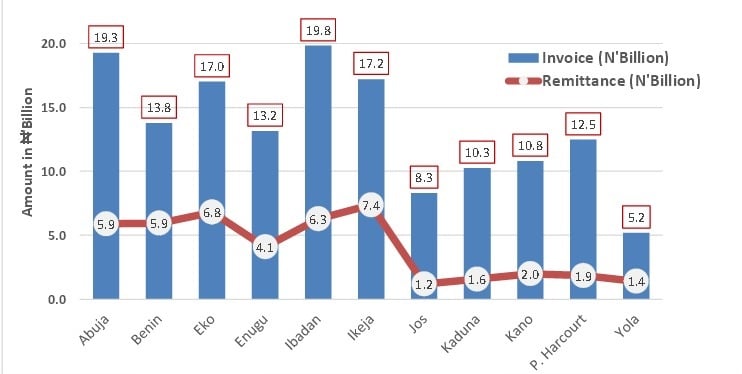
The commission said the key initiative towards improving revenue collection in the electricity industry is the provision of meters to all end-use consumers.
“During the period under review, DisCos were issued an invoice totalling a sum of N147billion for energy received from NBET and for the service charge by the market operator (MO) but only N44billion was settled, creating a shortfall of N103billion,” the report read.
Advertisement
“To address the liquidity challenge in the electricity industry, with particular emphasis on the poor remittance by DisCos, the commission is currently working on a framework to ensure a fair and equitable distribution of market revenues. The framework aims at ensuring transparency and fairness in the utilisation of market funds.”
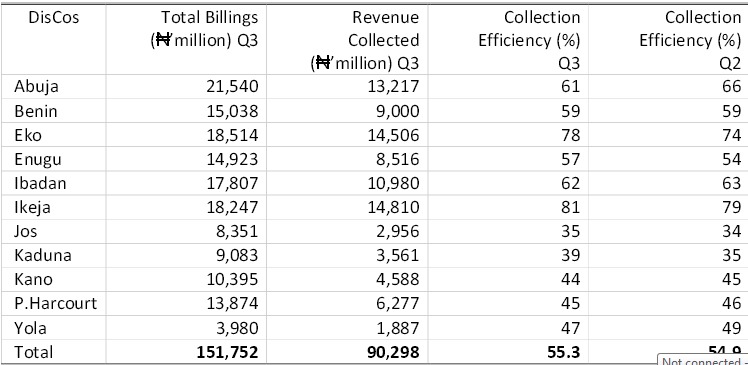
“The DisCos collectively billed a total sum of the N151.75billion during the period under review but only N90.30 billion was recovered through collections. This represents an average of 55% collection efficiency thus implying that of every N10 worth of electricity sold during the quarter, N4.50 remains uncollected from customers.
“A major factor contributing to low collection efficiency is customers’ dissatisfaction with estimated billing, the commission has initiated a regulation to fast-track the roll-out of meters by potential investors under a financially viable and bankable arrangements.”
Advertisement
Add a comment




